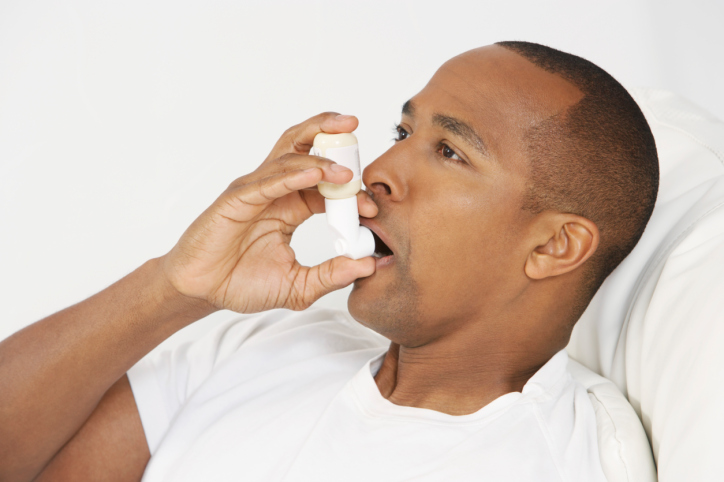
You can’t stop the seasons from changing (no matter how hard your wish), but you can change how the seasons impact your health. During the winter, it’s especially important to get yourself winter ready if you have asthma. People with asthma are faced with two main challenges during the winter: “One is that they spend more time inside. The other is that it’s cold outside,” says H. James Wedner, MD, an asthma expert at Washington University in St. Louis.
Asthma attacks can happen more often during the winter because there is more opportunity to breathe in asthma triggers – things that cause your asthma to flare up and potentially set off an asthma attack. When you’re inside, you have to worry about pet dander, mold and dust mites. Step outside, and you could have an asthma attack from breathing the cold air.
READ: Climate Change May Not Increase Allergies in Kids With Asthma
Sounds like a lose-lose situation, right? Not at all! Breathe easier during the winter with these helpful tips.
Keep your home dry and cool.
Mold and dust mites thrive in warm, moist environments, so don’t make your home a comfortable place for them. Try running a fan in the bathroom while taking a shower, and fixing any broken windows or pipes to keep your home dry and cool.
Protect your bedding.
Cover your pillowcases, box spring and mattress with mite-proof covers to help keep dust mites at bay during the night.
Spend less time around pets.
Limit your pet’s access to the area where you sleep and sweep/vacuum more often to lessen pet dander triggers.
Cover your face.
Wear a scarf or face mask that protects your mouth and nose to help block cold outdoor air.
Practice cold/flu prevention.
Getting a cold or the flu can lead to an asthma flare up. Wash hands often with proper technique (using warm soap and water and rubbing vigorously 15-20 seconds), get a flu shot and avoid people that have a cold or the flu.









